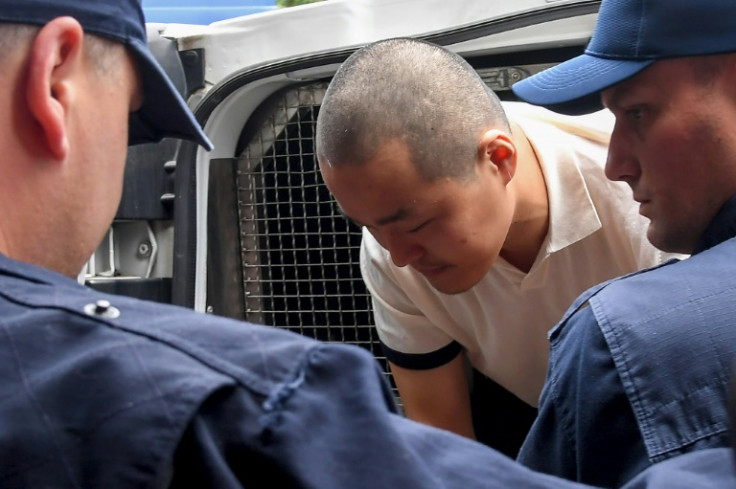Do Kwon Suffers Another Major Legal Defeat Amid Imminent Extradition From Montenegro

KEY POINTS
- Montenegro last month approved the extradition of Kwon to either the U.S. or his home country South Korea
- Kwon is currently serving time in a Montenegro prison for possession of fake travel documents
- Kwon's team appealed to the Singapore High Court to shift a class-action lawsuit into an arbitration proceeding but it was denied
Do Kwon, the disgraced co-founder of blockchain firm Terraform Labs (TFL), has suffered another major defeat after the Singapore High Court rejected his camp's petition seeking dismissal of a class-action lawsuit filed against him and his company in September 2022.
The Singapore High Court last Thursday dismissed an appeal made by Kwon and Terraform Labs to scrap the class-action lawsuit filed by Douglas Gan, a Singaporean, and Spanish citizen Julian Moreno Beltran, on behalf of 375 other investors. The plaintiffs alleged "fraudulent misrepresentation" by Luna Foundation Guard (LFG) – the organization founded to support the stability of the TerraUSD (UST) – Terraform Labs and its co-founders Kwon and Nikolaos Alexandros Platias.
They said these claims about the stability of TerraUSD enticed them to purchase the so-called algorithmic stablecoin and hold on to it despite that its value nosedived, which resulted in staggering losses of nearly $57 million.
Kwon and TFL's legal team initially attempted to shift the action to "confidential arbitration proceedings," citing a clause in its website that waivered user rights to a trial or class-action lawsuit, but the court ruled against it.
In its latest ruling, the court said Terraform Labs' conduct on the case meant that it had accepted the jurisdiction of the Singapore court and, hence, did not have the right to move the proceedings into a confidential arbitration. It was referring to Kwon and his legal team's acts of filing a defense on the merits of the suit and a counterclaim, as well as seeking remedies like requests for better particulars that did not concern a jurisdictional challenge.
The ruling came more than a week after Montenegro approved the extradition of Kwon to either the U.S. or his home country South Korea.
In an official statement released on Nov. 17, the High Court of Podgorica said the legal requirements for Kwon's extradition have been met based on the request of South Korea's Ministry of Justice and the U.S. Department of Foreign Affairs.
The court, however, ruled that Kwon must serve his prison sentence first in Montenegro. The country's justice ministry will decide whether he will be sent to the U.S. or South Korea.
"In the explanation of the aforementioned decision, it was pointed out that the fact that the defendant KDH gave his consent to be extradited to the competent authorities of the Republic of South Korea according to a shortened procedure, however, the High Court in Podgorica found that it should still be decided as in the wording of the respective decision, because in the specific case it was on extradition to which several states have appealed, and that primacy is still regulated by the provisions of art. 22 of the Law on International Legal Assistance in Criminal Matters, when the Minister will decide which country has priority in case of possible extradition, from which it follows that the Minister of Justice of Montenegro will make the final decision on this matter," the court filing read.
Kwon is currently in prison in Montenegro for possession of fake travel documents.
© Copyright IBTimes 2025. All rights reserved.






















